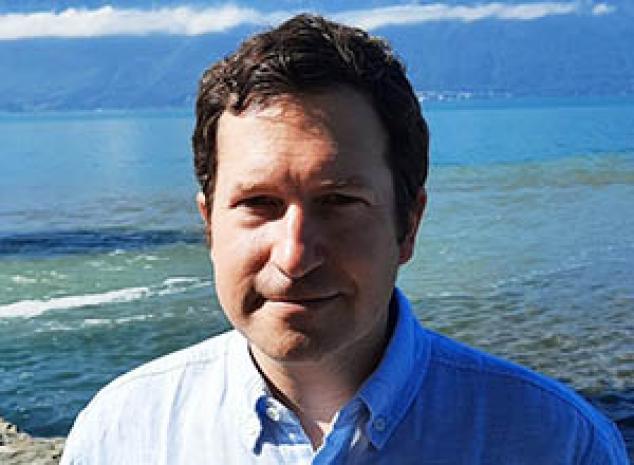
Meet Michael Grätz, assistant professor of sociology at the University of Lausanne, who has been awarded a Starting Grant from the Swiss National Science Foundation.
Could you shortly describe your current research project "Liberal and radical equality of opportunity »?
The starting point for the project is the realization that there is a disconnect between how philosophers and political theorists think about equality of opportunity and how we as empirical researcher measure it. The aim of the project is to close this gap in particular by realizing that different conceptions of equality of opportunity need to be distinguished. With this in mind, we will estimate how different conceptions of equality of opportunity vary across different resources such as income and education, how they vary across countries, and how they have changed across cohorts.
Do you think your results will then have an impact on social policies? What kind of professionals will be able to give a concrete dimension to your empiric results?
Similar to the empirical research, my perception is that equaltity of opportunity is also understood in a very one-dimensional way in the political discourse. In my view, policy makers should think about how different social policies affect different dimensions of equality of opportunity. In fact, in a part of the project, we will analyze how certain political reforms, for instance changes in the educational system, affect the different dimensions of equality of opportunity.
You have worked in several countries such as Italy, Germany and England. Is there something about Switzerland you particularly like?
From the point of view of a researcher who studies how institutions affect social inequalities it is great to have the huge variations in many dimensions across different cantons in Switzerland, which can be used to analyze how institutions affect social inequalities. On a practical level, the data experience of the researchers at FORS and the thematic expertise of my colleagues at LIVES make Lausanne an ideal place to conduct this research project.

